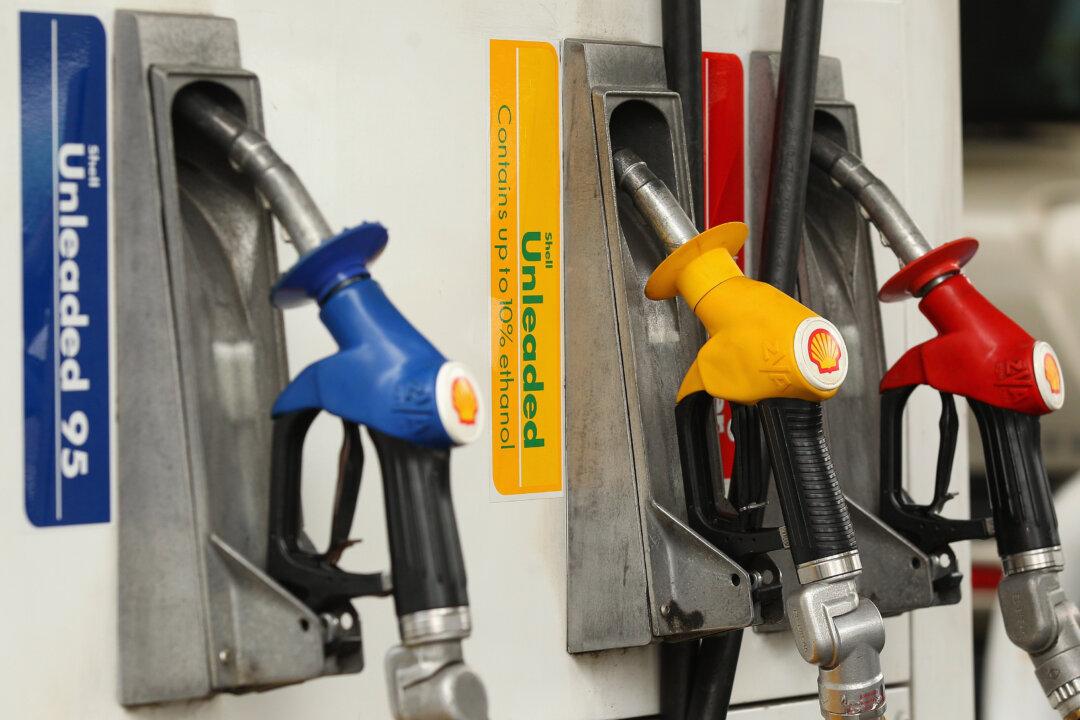Greedy petrol station operators have been told to stop dragging their feet and pass on savings to cash-strapped Australian motorists as the coronavirus crisis causes oil prices to plummet.
“Enough is enough,” NRMA spokesman Peter Khoury said in Sydney on Thursday.





